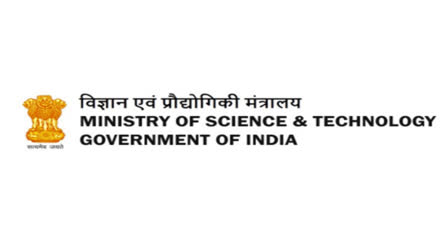New Delhi: In a scientific breakthrough, researchers have successfully fabricated an optically active biodegradable nanocomposite film with exceptional mechanical properties. This innovative material holds promise for applications in stretchable optical devices, including flexible displays and flexible organic LEDs, read the Ministry of Science and Technology press release.
Polymers have become an integral part of our daily lives, serving various engineering applications. However, specific applications demand highly flexible and optically active polymers.
To meet this demand, scientists have explored various methodologies to enhance the properties of polymeric materials by incorporating suitable nano materials, preserving the inherent properties of the polymers, read the release.
One such synthetic biodegradable polymer under scrutiny is polyvinyl alcohol (PVA), known for its film-forming capabilities and excellent mechanical properties. Additionally, the optical and mechanical attributes of PVA can be finely tuned by integrating appropriate nano materials.
A dedicated research team hailing from the physical sciences division of the Institute of Advanced Study in Science and Technology (IASST), Guwahati, an autonomous institution in Northeast India under the Department of Science and Technology (DST), has achieved a remarkable feat, read the release.
They successfully crafted a biodegradable PVA-CuO nanocomposite film employing a straightforward solution casting technique. Copper salt was employed as a precursor for the in-situ formation of copper oxide (CuO) nanoparticles, facilitated by distinct heat treatment conditions.
